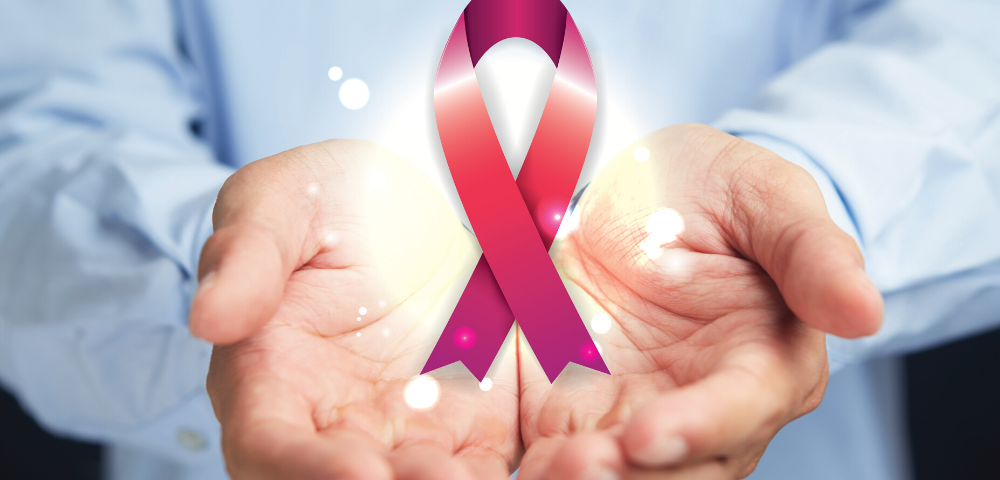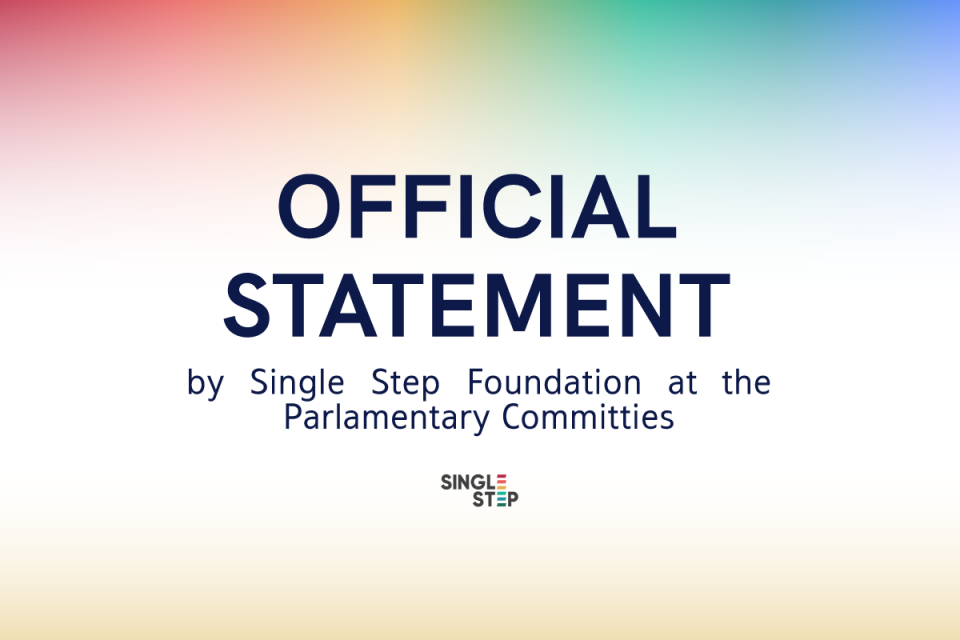
GenerationArt: Atanas Bukovinov
16.03.2020
Report “Attitudes Towards LGBTI Students in Bulgarian Schools” Media Coverage
22.03.2020
Sexual Health and HIV in the Context of the COVID-19 Pandemic
We remain available during this state of emergency
The number of people who contacted us about sexual communication in the context of epidemics and emergencies is increasing. Our recommendations to you are in line with the recommendations of the Ministry of Health – restricting contacts with other people is the most effective measure for all. In the framework of these guidelines, we encourage you to avoid or at least postpone sexual interaction (especially casual sex) with partners with unknown travel history and contacts.
In your day-to-day activities, wash your hands frequently with soap, avoid touching smooth surfaces such as faucets in public fountains and toilets, door locks, ATM buttons, or public transportation. It has been proven that the COVID-19 virus can live for several hours outside a person's body especially on smooth surfaces. It is especially important not to touch your face – mouth, nose and eyes, if your hands are not clean and you are outside.
With regard to people living with HIV, we assure you that if they are on antiretroviral therapy, have undetectable viral load and high CD4 cell counts, they are not at greater risk than other people. However, and given the presence of a chronic infectious disease, contact restriction (including sexual intercourse) is strongly recommended. Practical advice to people living with HIV and observing antiretroviral therapy: when you need to visit the HIV department for a check-up or prescription and medication, try contacting the department in advance and arranging a specific hour for your visit, so as to avoid the clustering of many people. If possible, wear a mask or at least a scarf in front of your face.
We do not currently have strong scientific evidence that some of the antiretroviral medicines that HIV-positive people are receiving may protect against COVID-19. We can assure you that the epidemic will pass, but until then, all of us will need effort, patience and discipline.
We also remain in solidarity to provide emotional support or other advice related to sexual contact and living with HIV. You can contact us at: or 0886 74 65 60.




